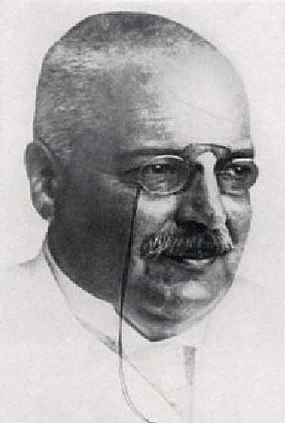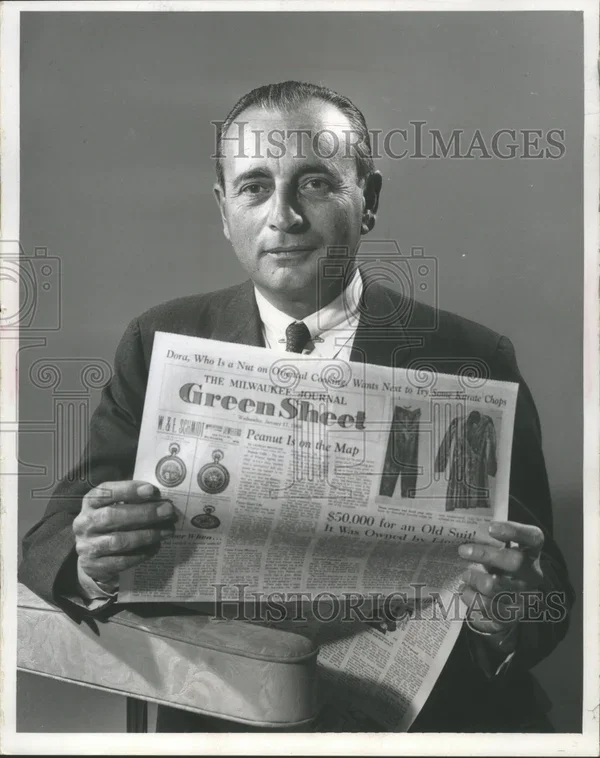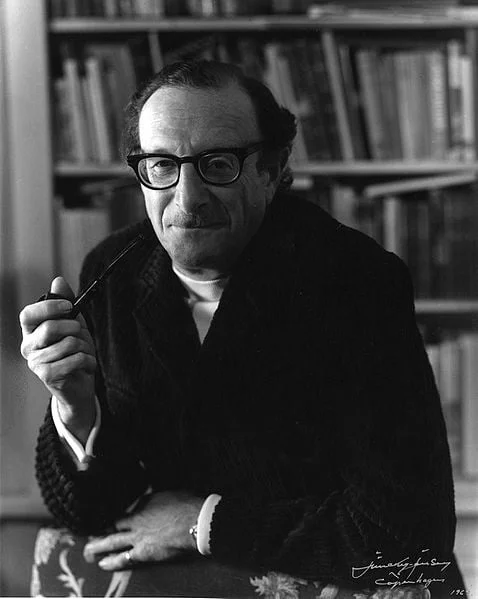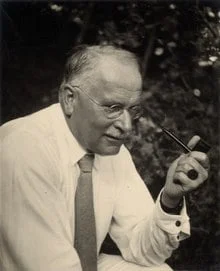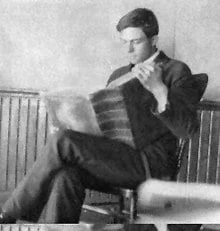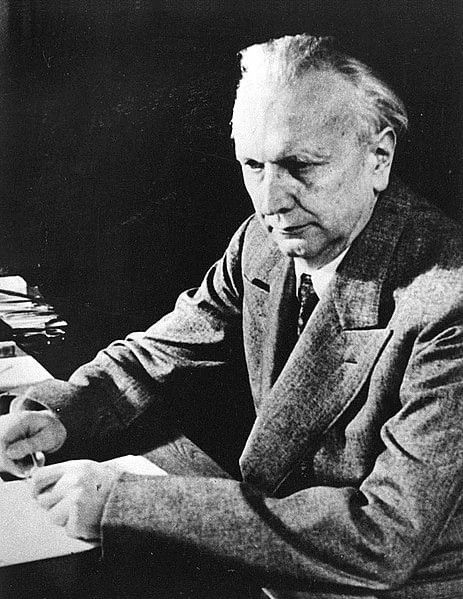Real Celebrities Never Die!
OR
Search For Past Celebrities Whose Birthday You Share
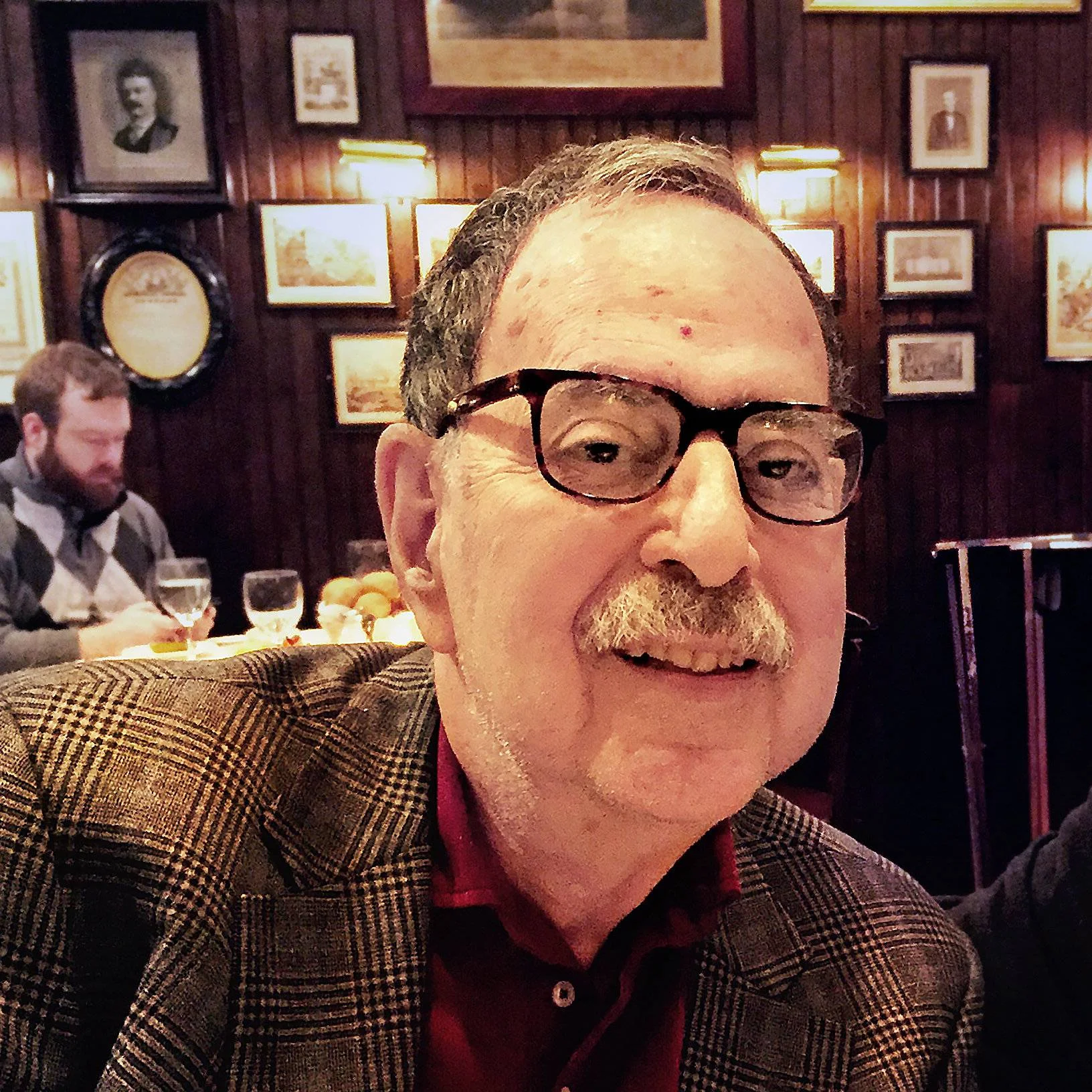
soource: nytimes.com
Richard C. Friedman
Birthday:
20 Jan, 1941
Date of Death:
31 Mar, 2020
Cause of death:
Unknown
Nationality:
American
Famous As:
Psychiatrist
Age at the time of death:
79
Richard C. Friedman's Quote's
Introduction to Richard C. Friedman
Richard C. Friedman was a renowned academic psychiatrist, clinical professor of psychiatry, and a trailblazer in the fields of psychoanalysis and LGBTQ+ advocacy. His groundbreaking research challenged prevailing Freudian theories and played a pivotal role in destigmatizing homosexuality within the psychoanalytic community.
Contributions Beyond Sexuality Research
Beyond his influential work in the field of sexuality, Richard C. Friedman made significant contributions to the broader field of psychiatry and medicine. One of his notable research endeavors focused on the impact of sleep deprivation on medical errors made by interns and residents. His findings demonstrated that punishing schedules impaired the performance of medical professionals and influenced changes in hospital practices to prioritize the well-being of doctors.
Roles in Psychiatry and Education
Friedman’s commitment to advancing psychiatric knowledge extended beyond his own research. He served as the editor of the journal *Psychodynamic Psychiatry* and was a member of various editorial boards, including *Archives of Sexual Behavior*. Additionally, he held positions as a clinical professor of psychiatry at Weill Cornell Medical College and a faculty member at Columbia University, where he shared his expertise and mentored future generations of psychiatrists.
Legacy and Passing
Richard C. Friedman passed away on March 31, 2020, leaving behind a profound and lasting legacy. His pioneering research, advocacy for LGBTQ+ rights, and commitment to advancing psychiatric knowledge continue to influence the field of psychoanalysis and inspire future generations of mental health professionals.
Early Life and Academic Foundations
Richard C. Friedman was born in 1941 in The Bronx, New York. Raised in a family that instilled a love for learning and music, he excelled academically and nurtured a deep passion for the humanities. Friedman’s intellectual curiosity led him to pursue a career in medicine. After graduating from the Bronx High School of Science, he attended Bard College on a National Merit Scholarship, where he honed his critical thinking skills and graduated in 1961.
Medical Training and Career Beginnings
In 1966, Friedman obtained his MD from the University of Rochester School of Medicine and Dentistry.
Challenging Prevailing Theories of Homosexuality
Friedman’s career took a transformative turn when he began questioning prevailing Freudian theories surrounding homosexuality. At a time when homosexuality was still stigmatized and considered a pathological condition, Friedman embarked on a quest to uncover the biological underpinnings of sexual orientation.
Publication of Seminal Work
In his seminal book, *Male Homosexuality: A Contemporary Psychoanalytic Perspective,* published in 1988, Friedman presented a compelling case that homosexuality was largely rooted in biology rather than being a result of environmental factors or psychological disturbances. Through studies of identical twins and developmental psychology, he challenged the notion that homosexuality could be cured or changed.
Impact on LGBTQ+ Advocacy
Friedman’s research and advocacy work had a profound impact on the LGBTQ+ community. By debunking the notion that homosexuality was a pathology, he played a crucial role in shifting the perception of homosexuality within the psychoanalytic community and society at large.
Advancing Inclusivity in Psychoanalysis
In a field dominated by Freudian analysts who viewed homosexuality as a perversion, Friedman’s groundbreaking work paved the way for a more inclusive and accepting approach to understanding and supporting LGBTQ+ individuals. His research not only provided a scientific basis for the inherent nature of sexual orientation but also highlighted the resilience and coping mechanisms of gay individuals who grew up in homophobic environments.
Name:
Richard C. Friedman
Popular Name:
Richard C. Friedman
Gender:
Male
Cause of Death:
Unknown
Spouse:
Place of Birth:
The Bronx, New York
Place of Death:
Manhattan, New York
Occupation / Profession:
Personality Type
Campaigner: Richard Friedman was extremely curious about other people and their behavior which is what helped him in his research.
Friedman authored numerous influential publications on LGBTQ+ mental health.
Friedman conducted groundbreaking research on homosexuality and transgender issues.
He served as a professor at Weill Cornell Medical College.
His work challenged prevailing beliefs about homosexuality as a mental disorder.
Richard C. Friedman specialized in the study of sexual orientation and gender identity.
Richard C. Friedman was the first person to demonstrate that sleep deprivation impaired the capacity of medical doctors in hospitals to function adequately.

